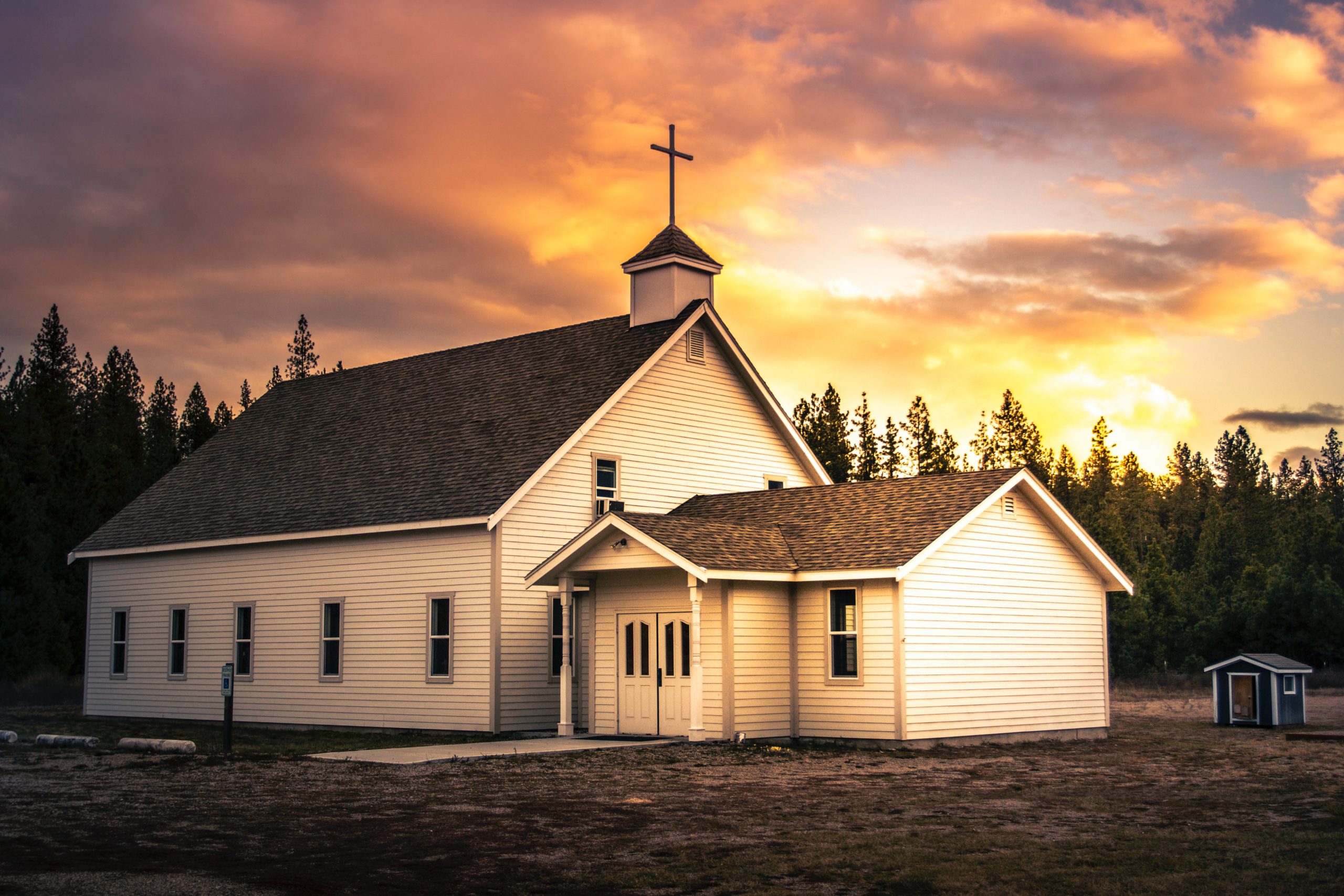
Driving a new car is way more exciting than climbing into your 15-year-old jalopy, and walking into a new house is far more gratifying than coming home to your old fixer-upper with its honey-do list. So I get it: starting a new church is exciting, especially when compared to taking an established church with all its problems.
Sure enough, church planting has seemed to be all the rage for the last twenty years. But I want to take just a moment to offer five reasons that aspiring and existing pastors should consider before deciding to plant.
Five Reasons to Pastor a Church That Already Exists
1. Many established churches eagerly desire a vocational pastor.
I live in East Texas, and I know several churches without a senior pastor. Simply put, these churches are ripe for the picking. You don’t have to form a core team, you don’t need to raise funds, you don’t need to persuade a commissioning agency, and you don’t even need to figure out where you’re going to meet for the next six months. Everything and everyone are assembled and waiting.
2. Speaking of meeting space, most established churches have buildings.
Many of these buildings include a main auditorium, some classroom and small-group space, and even a pastor’s office. And guess what? These churches often have little-to-no debt!
Let’s return to my car analogy. Your dream Corvette might look and sound better than my 2007 Nissan Murano, but my loan is paid off completely and my insurance is cheap. Your payments, meanwhile . . .
In other words, a church enjoys stability by owning its own property.
3. Established churches tend to have older members.
Generally speaking, older Christians bring some welcome strengths to the table. They’re often faithful attenders, generous givers, and committed members. I’ve been in ministry since 2012, and I’ve had to remind many under-50 church members about the importance of being present on Sundays. With older members, I usually have to help them not to feel so guilty about sometimes being absent.
4. Established churches are often full of under-taught and undiscipled sheep for whom Christ died.
Pastors have many important responsibilities. One of them is to work to present mature Christians to their Savior and Master (Col. 1:28).
Before I served as a local church pastor, I worked as a vocational evangelist. I loved it. There was nothing like watching someone appear to understand and believe the gospel for the first time. But I said “there was” for a reason. I feel that same joy when I watch long-time Christians spiritually grow right before my eyes. These days, and much to my surprise, I’m more compelled by a persevering saint finally entering glory than by an initial profession of faith. (Though both are wonderful!)
5. Established churches really can get healthier.
Many older churches have become entrenched in unbiblical traditions. Over time, they’ve slid into familiar customs and have grown resistant to change. These churches need help. They need patient pastors who are willing to explain what they need to do to change not through force of personality but through the clear witness of Scripture. To be sure, it’s probably easier and less stressful to simply leave these incredulous churches behind. But they need help! Furthermore, these churches really can get healthier. But for that to happen, they need faithful pastors.
Conclusion
If you’re an aspiring pastor, you may think your best route is church planting—and you may be right. But allow me to push you to at least consider the benefits and joys of investing your time and energy into an established church. You might find that you’ll be better resourced, better funded, and just as fruitful.
If you’re an older pastor, perhaps you’ve got years of experience and ten to fifteen years left in you. You might serve Christ best by staying right where you are. But I wonder if you might be just the pastor a dying church needs to lead her back to health and vitality.
May God help us all to serve him well wherever we are.
Editor’s Note: This post originally appeared at the 9Marks blog and is used with permission.

